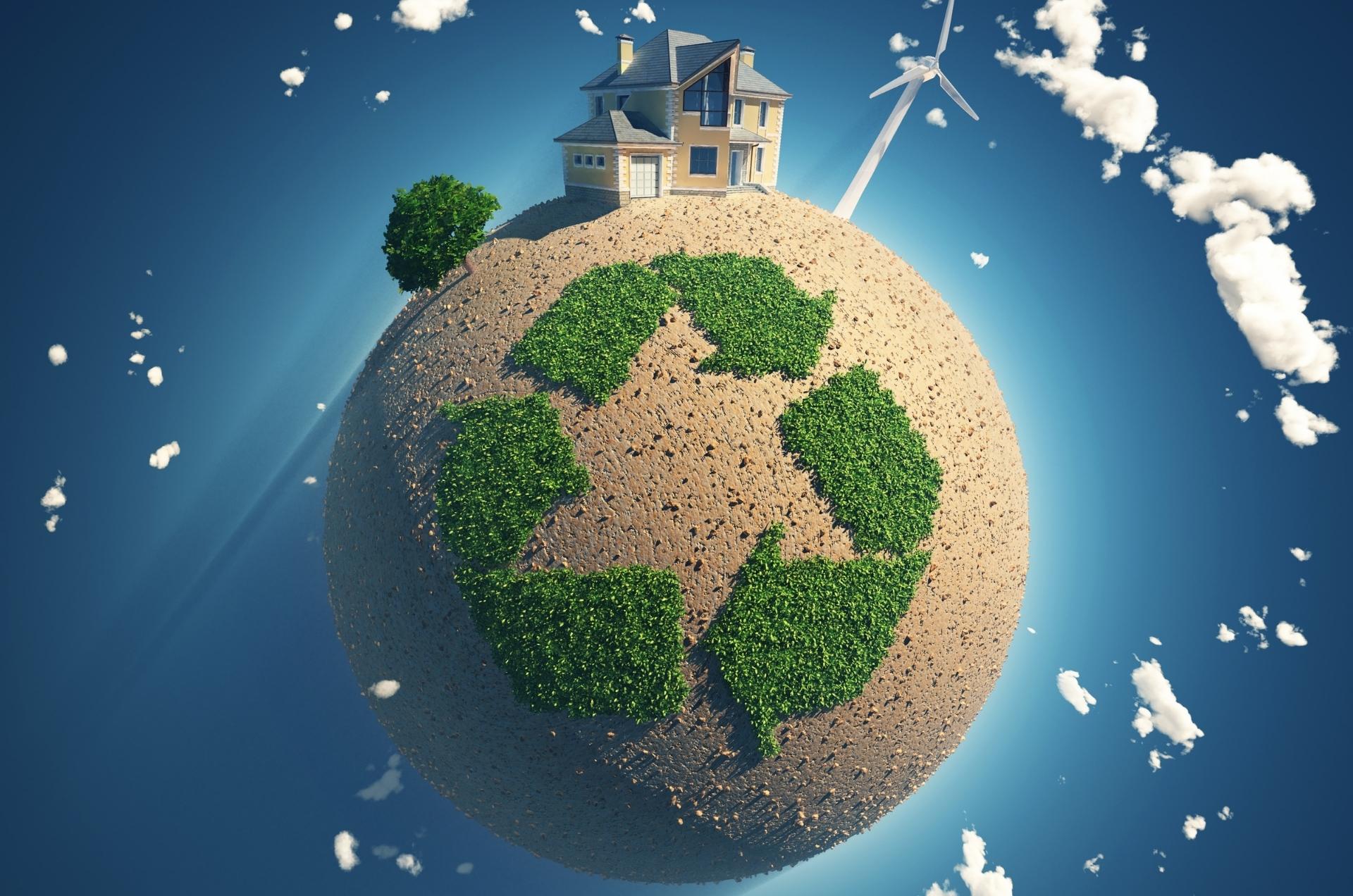Today, every person is aware of the harm their carelessness does to the environment, and if everyone stopped to think even once before disposing of their trash by the road or buying plastic products, the world wouldn’t be facing the problems it is today.
Recycling waste is one of the components of the 3R (reduce, reuse, recycle) initiative, which aims to decrease the harm done by various types of waste to the environment.
It is defined as the framework of turning trash either into new products and materials or to its original state. The process aims to reroute waste output in the economy to improve environmental sustainability. Recycling waste saves a lot of energy that goes into creating new raw materials.
Global Trash Production
The globe produces several billion tones of garbage each year. Only 20% of the waste generated globally is recycled. Statistics indicate that 70% of the waste ends up in landfills. Future waste production is only anticipated to rise, making it urgent for the government to put waste management regulations into place. Governments must make investments in waste management technologies that prioritize protecting the environment. Waste is responsible for increasing environmental issues such as land pollution, oil spills, plastic pollution, nuclear accidents, etc. It’s a threat to the environment and has atrocious health impacts.
Which waste materials are recyclable?
There is a wide variety of things that can be recycled including-
- Newspapers, magazines, and waste paper
- Cardboard
- Plastic product
- Glass materials, aluminum, tin, and steel containers.
- Food waste
- Electronic devices
- Clothes
- Wood
There are primarily two kinds of recycling operations: internal recycling of waste and external recycling of waste. Internal operations are mainly used in metal industries and external operations are defined as reclaiming resources from a product that has been used up and made outdated.
How can recycling save the planet
Conservation of natural resources
Natural resources including wood, water, fossil fuels, and minerals are replenishable, but overuse causes depletion. Glass, plastic, and metals can be recycled multiple times.
Natural resources are further depleted when new products are created because so many new resources, such as fossil fuels and energy, are required. However, by recycling old products into new ones, much of the depletion can be avoided. Researchers estimate that a ton of recycled paper prevents the loss of 17 trees. Recycling waste reduces the demand for mining, reduces the consumption of fossil fuels, and reduces the need for new raw materials, all of which contribute to the conservation of natural resources.
Protection of the biodiversity
The life of the animals that live in these places is threatened by the waste that is dumped into rivers, forests, and water bodies, which contaminates natural resources. Water pollution also pushes vulnerable residents who live close to these resources to relocate, which causes them to lose their houses. Water pollution causes a large number of fish to die, which negatively affects the lives of those who depend on water sources for a living. Recycling is to prevent these damages to a great extent.
Read More – ” Pedaling for pleasure: How cycling is becoming increasingly popular “
Helps to reduce pollution
Industrial plants emit a significant amount of greenhouse gases. As a result of burning fossil fuels, the air is contaminated. Carbon monoxide and carbon dioxide are released when charcoal and wood are burned, lowering the quality of the air. Large volumes of solid waste are discharged into water resources by industries, poisoning the water supply and endangering both the marine life and the lives of nearby residents. These hazardous elements are discharged into the environment at an increasing rate as new materials are generated. Pollution can be significantly decreased by lowering the production of new products and recycling the old ones.
Helps to fight Climate Change
Air pollution and climate change are caused by the burning of garbage, which releases harmful greenhouse gases. Even when it is burned to produce energy, it does more harm than good. Nearly all of this waste may be recycled and transformed into new products, saving the trouble of burning it and t the same time preventing the release of greenhouse gases that contribute to global warming and other environmental issues. Numerous human health issues, including lung cancer, asthma, and Chronic obstructive pulmonary disease (COPD), are caused by the poor quality of the air. Recycling waste can assist to limit the occurrence of these diseases that put human health at risk, as well as help to fight environmental issues such as global warming and climate change.
Summing up
The massive generation of waste on a worldwide scale is becoming a concern for the entire planet, and this problem requires a global solution. The amount of waste created annually is only expected to rise in the future, and the world cannot afford further environmental harm given the air and water pollution that already exists. The 2004 introduction of the 3R program strives to lessen the harm that waste causes. Waste management needs to be implemented correctly in localities. It must be forbidden to toss trash into open spaces like streets and landforms, and adequate arrangements for the disposal of various types of trash into trash cans must be developed. If the problem is not resolved right away, it will pose a greater hazard.











